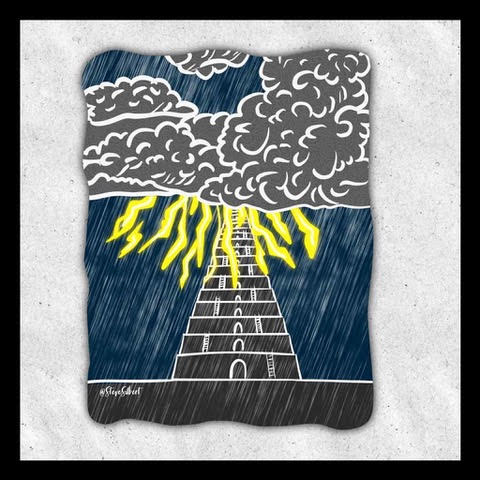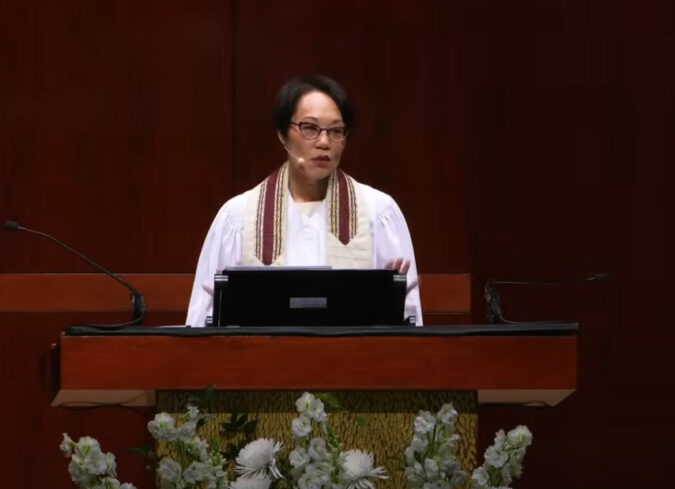Rabbi Stan Zamek: Noach
Rabbi Zamek drashes on the selection of species to be included in the Ark, commenting that if most of us had a choice, we would have excluded certain life forms, such as leeches or cockroaches. As he states, this perspective reflects only our own personal interests, without considering the well-being of the entire world that was created.











